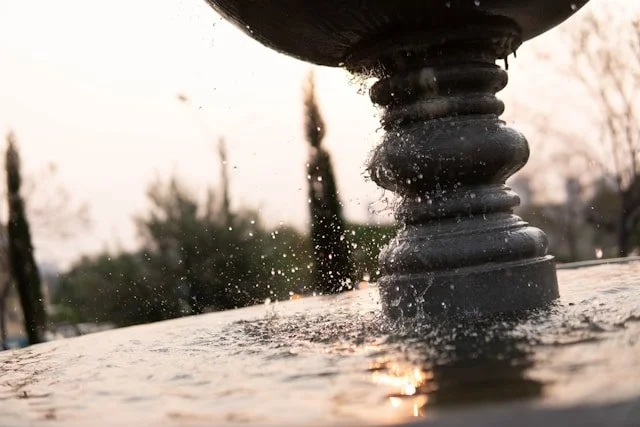1. The Most Important Election in US History: Keith Mathison gives us some helpful perspective. He begins with this quote, “We have had many important elections, but never one so important as that now approaching…. The republic is approaching what is to be one of the most important elections in its history.”
2. The Answer to Loneliness: Andrew Blunt begins, “Loneliness is a serious and growing problem. The stats are pretty heartbreaking. One study found that 9 million people in the UK are always or often lonely—that’s just slightly more than the population of London or the entire population of Australia.”
3. 3 Apologetic Approaches to Reach the Next Generation: Jacob Haywood sums up his three approaches this way, “The next generation should see that the gospel applies to their lives, answers their biggest questions, and fulfills their deepest longings.”
4. How Big Should You Think? And How Big Should You Act? I appreciate the way Eric Geiger considers this. He begins, “Some leaders seem to think small and act big. There is not a large vision that captivates them, grand plans that motivate them, or an overwhelming sense of awe for the opportunity in front of them. Yet at the same time they seem to act big. They hold tightly to their positions, enjoying that others view them as and and that they are able to make decisions that impact others. Their plans may be small, but they act large.”
5. The Science of Male and Female: What does God teach us about gender through nature? Steven Wedgeworth begins, “Recent breakthroughs in human genetics have made it clear that humanity is fundamentally dimorphic, which is to say, human nature is irreducibly male and female.”














